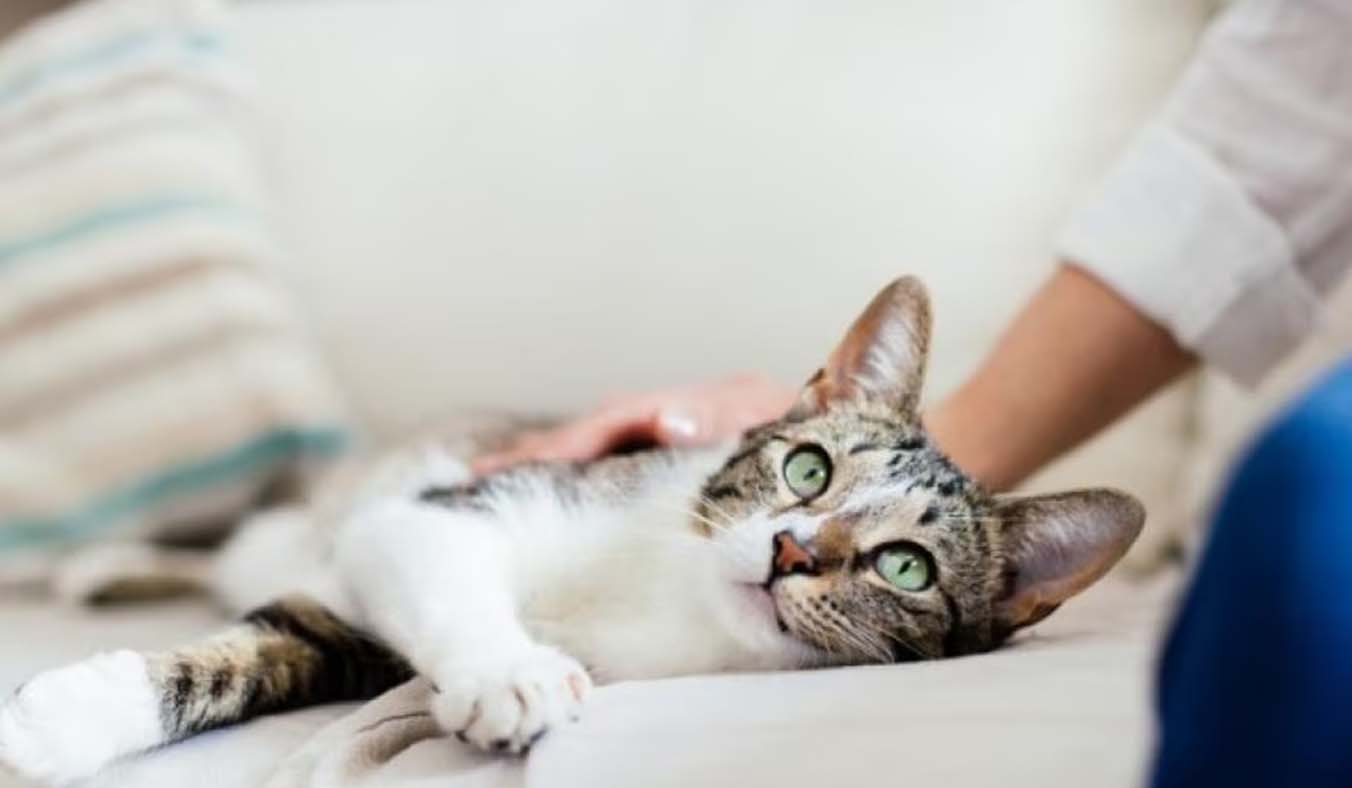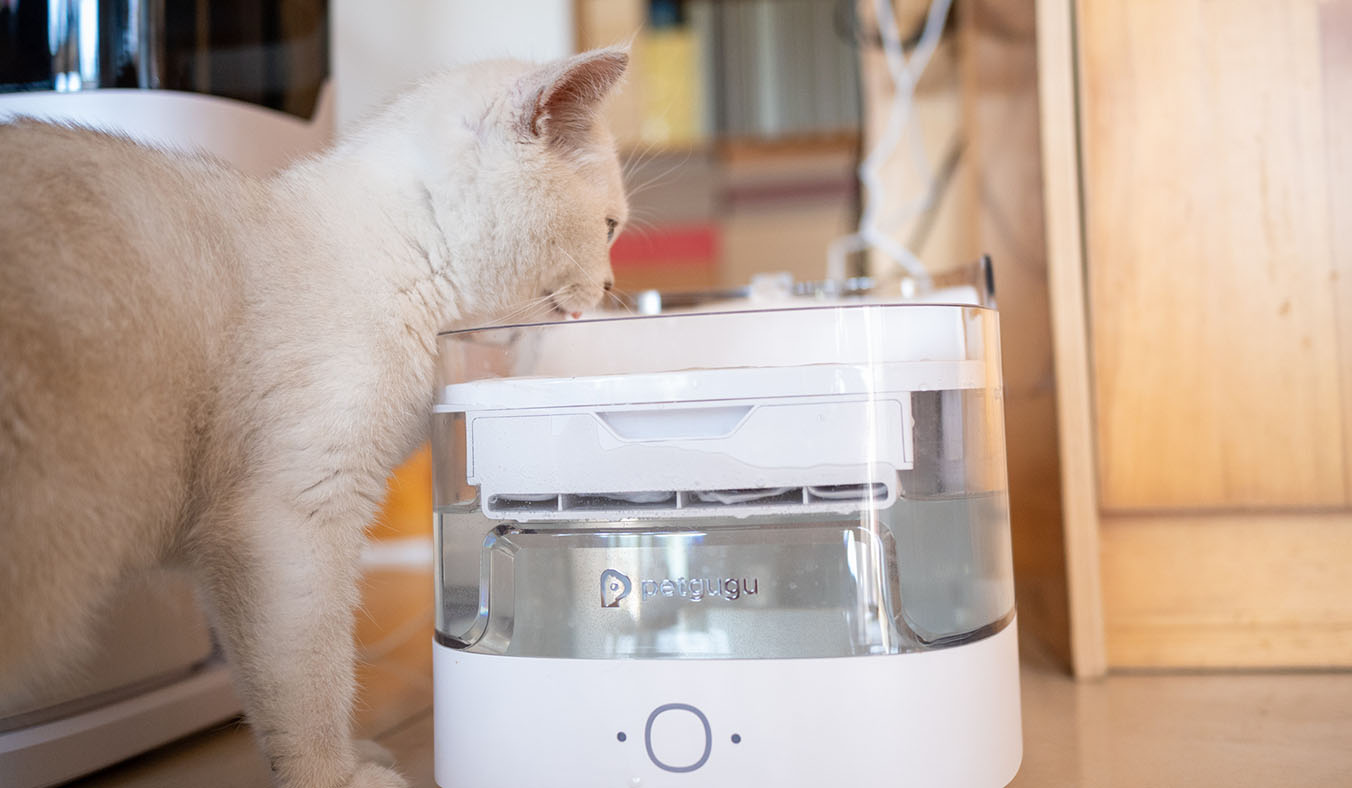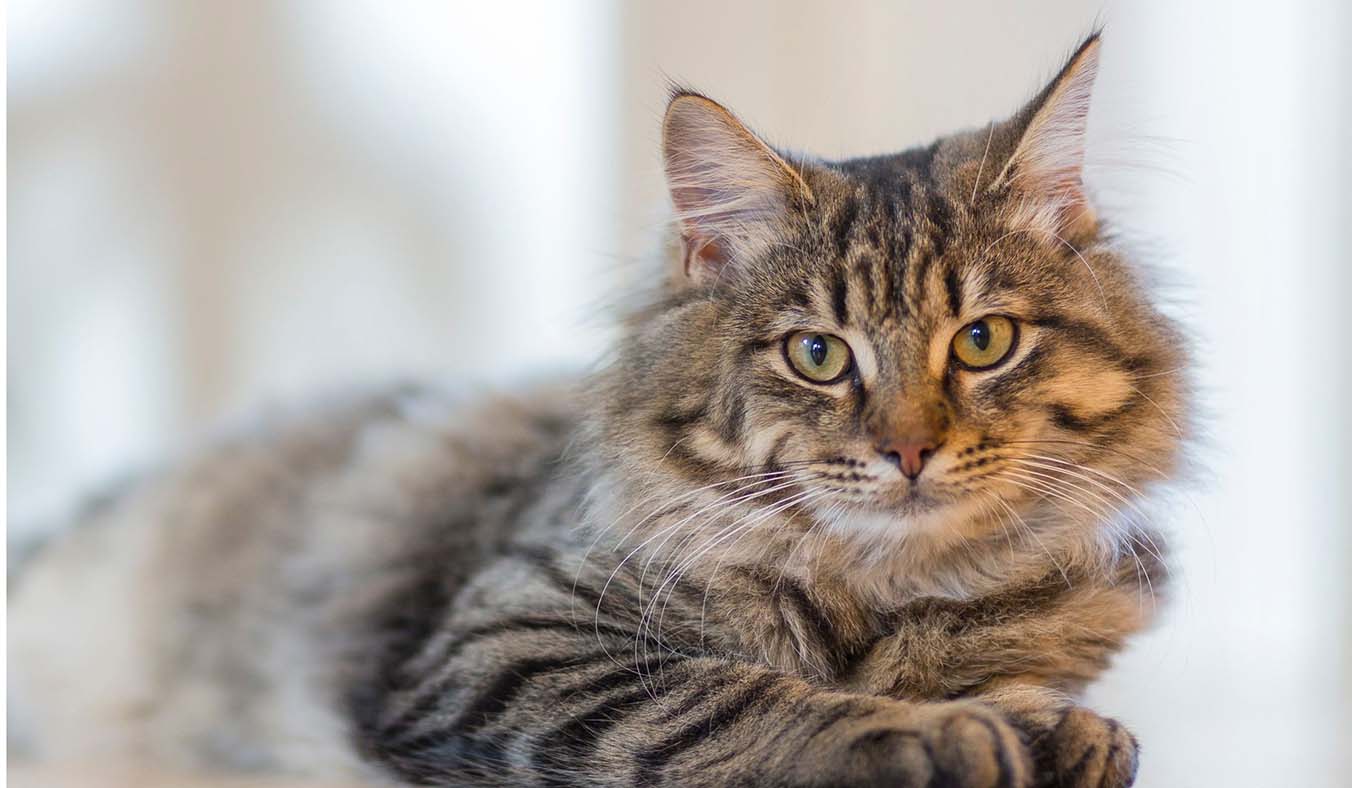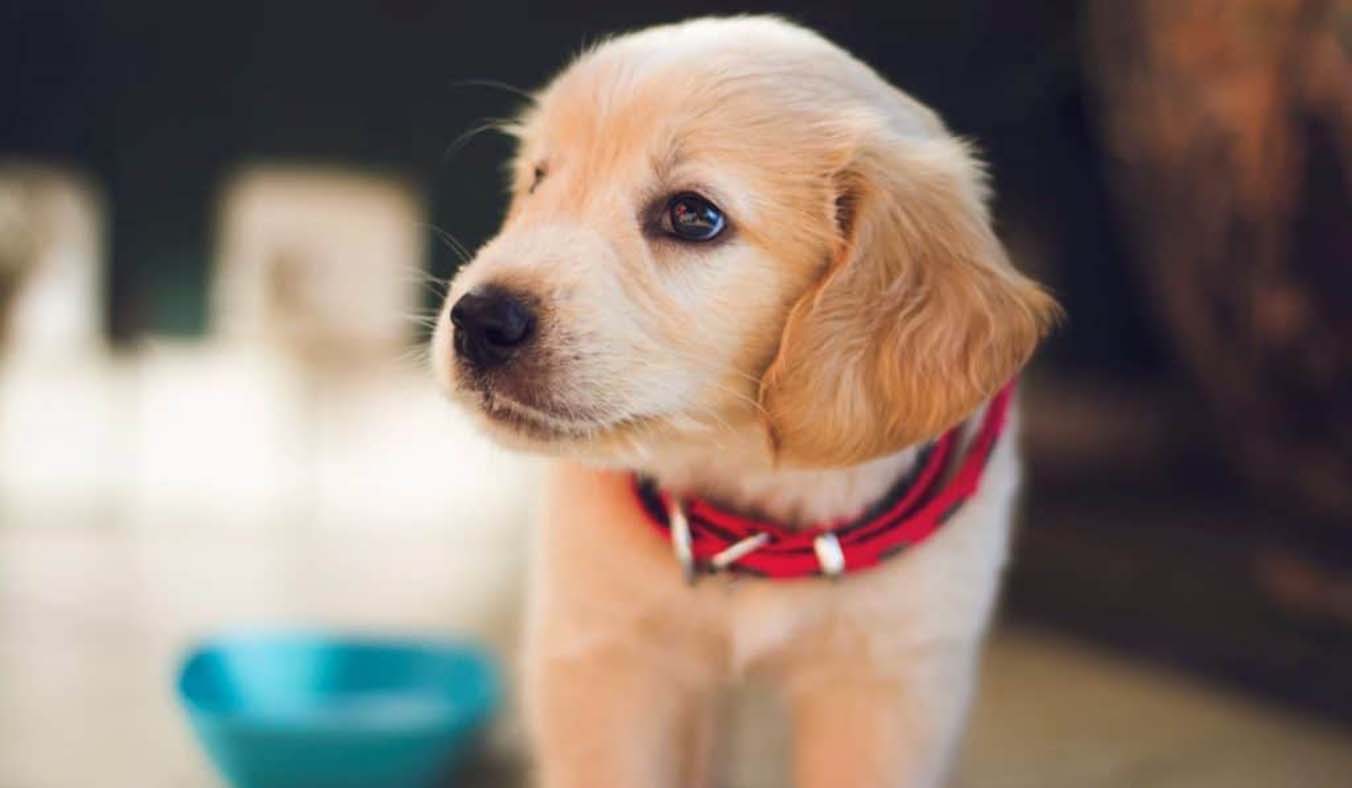In the world of feline health, there are few issues as concerning as constipation. Let’s delve into the topic of cat constipation: its causes, symptoms, and most importantly, how to address it effectively.
Recognizing Cat Constipation:
Identifying whether your feline friend is suffering from constipation can be challenging, given cats’ knack for hiding discomfort. Nonetheless, several unmistakable signs can indicate a problem:
- Infrequent or Strained Bowel Movements: Keep an eye on your cat’s litter box habits. If you notice they are struggling to pass stool or have significantly reduced bowel movements, constipation could be the culprit.
- Dry, Hard Stools or Absence of Stool: Take note of the consistency and frequency of your cat’s stool. Dry, pebble-like stools or the absence of stool altogether in the litter box indicate potential constipation issues.
- Lethargy or Reduced Appetite: Cats experiencing constipation may exhibit a lack of energy or interest in their usual activities. A decrease in appetite or reluctance to eat can also be indicative of discomfort.
- Vocalization or Discomfort While Defecating: If your cat vocalizes or shows signs of distress while trying to defecate, it’s a clear indication that something is amiss. Watch for straining, squatting for extended periods, or unusual vocalizations during litter box visits.
- Abdominal Discomfort or Bloating: Constipated cats may display abdominal discomfort or bloating, which can be observed through changes in their body language or physical appearance. Pay attention to any signs of discomfort such as hunching over, restlessness, or sensitivity to touch around the abdomen.
By staying vigilant and recognizing these key signs, you can promptly address any constipation issues your cat may be experiencing and ensure their continued health and comfort. If you observe any of these symptoms persisting or worsening over time, it’s crucial to seek veterinary attention to rule out underlying medical conditions and provide appropriate treatment.
Causes of Cat Constipation:
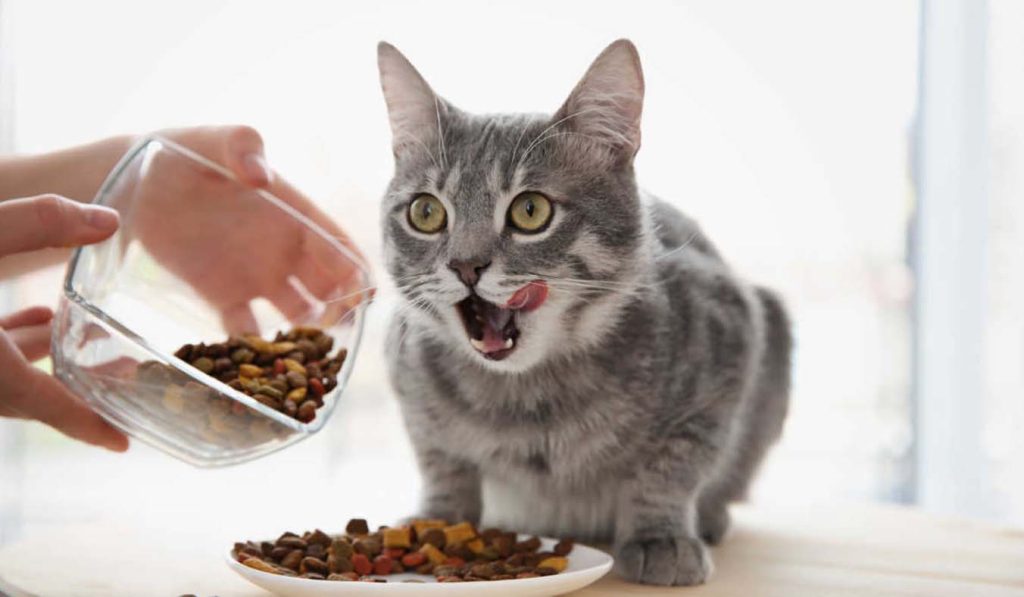
Understanding the underlying factors contributing to constipation in cats is paramount for effective management. Here are some common reasons behind feline constipation:
- Inadequate Hydration:
Cats that do not consume sufficient water may struggle with constipation. Water is essential for maintaining proper bowel function and softening stools. If your cat primarily consumes dry food or has limited access to fresh water sources, they may be at increased risk of dehydration and subsequent constipation. - Low-Fiber Diet:
A diet lacking in fiber can lead to sluggish bowel motility and difficulty passing stool. Fiber adds bulk to feces, facilitating smoother passage through the digestive tract. Cats fed primarily on low-fiber diets, such as certain types of commercial dry food, may be predisposed to constipation. - Hairballs:
Cats are meticulous groomers, and as a result, they may ingest significant amounts of fur during self-grooming sessions. This ingested hair can accumulate in the digestive tract, forming hairballs that may obstruct the passage of stool. Persistent hairball formation can contribute to recurrent constipation issues in cats. - Medical Conditions:
Several underlying health conditions can predispose cats to chronic constipation:
- Megacolon: Megacolon is a condition characterized by abnormal dilation of the colon, leading to impaired bowel motility and chronic constipation.
- Pelvic Injuries: Traumatic injuries to the pelvis or lower gastrointestinal tract can disrupt normal bowel function and contribute to constipation.
- Intestinal Obstructions: Partial or complete blockages in the intestines, such as foreign bodies or tumors, can obstruct the passage of stool, resulting in constipation.
Identifying and addressing the specific cause of constipation in your cat is essential for devising an appropriate treatment plan. If your cat exhibits signs of constipation or experiences recurrent episodes, consult with your veterinarian to determine the underlying cause and implement targeted interventions to alleviate discomfort and promote gastrointestinal health.
What to Do If Your Cat is Constipated:
Addressing constipation in your cat promptly is crucial to alleviate their discomfort and restore normal bowel function. Here are actionable steps you can take:
- Increase Water Intake:
Encourage your cat to drink more water to help soften stool and promote regular bowel movements. Ensure there are multiple clean water sources available throughout your home, and consider adding wet food to their diet, which naturally contains higher water content than dry kibble. - Dietary Adjustments:
Introduce high-fiber foods into your cat’s diet to aid in digestion and promote bowel regularity. Specialized cat foods formulated to support digestive health, such as those containing added fiber or probiotics, may be beneficial. However, consult with your veterinarian before making any dietary changes to ensure they are appropriate for your cat’s specific needs. - Laxatives or Stool Softeners:
If your cat’s constipation persists despite dietary adjustments, your veterinarian may recommend laxatives or stool softeners to help facilitate bowel movements. These medications can help soften stool and promote passage through the digestive tract. However, always follow your vet’s instructions closely and never administer medications without their guidance. - Enemas:
In severe cases of constipation where other interventions have been ineffective, your veterinarian may need to administer enemas to help clear the bowel obstruction and provide relief. Enemas work by introducing liquid into the rectum to soften stool and stimulate bowel movements. This procedure should only be performed by a qualified veterinary professional. - Veterinary Examination:
If your cat’s constipation persists or is accompanied by additional concerning symptoms such as vomiting, lethargy, or abdominal discomfort, seek prompt veterinary attention. Your vet will conduct a thorough examination to determine the underlying cause of constipation and recommend appropriate treatment options. Diagnostic tests such as blood work, radiographs, or ultrasound may be necessary to evaluate your cat’s gastrointestinal health.
By taking proactive measures and seeking veterinary guidance, you can effectively manage your cat’s constipation and improve their overall well-being. Remember, early intervention is key to preventing complications and ensuring your cat remains healthy and comfortable.
Treatment of Cat Constipation:
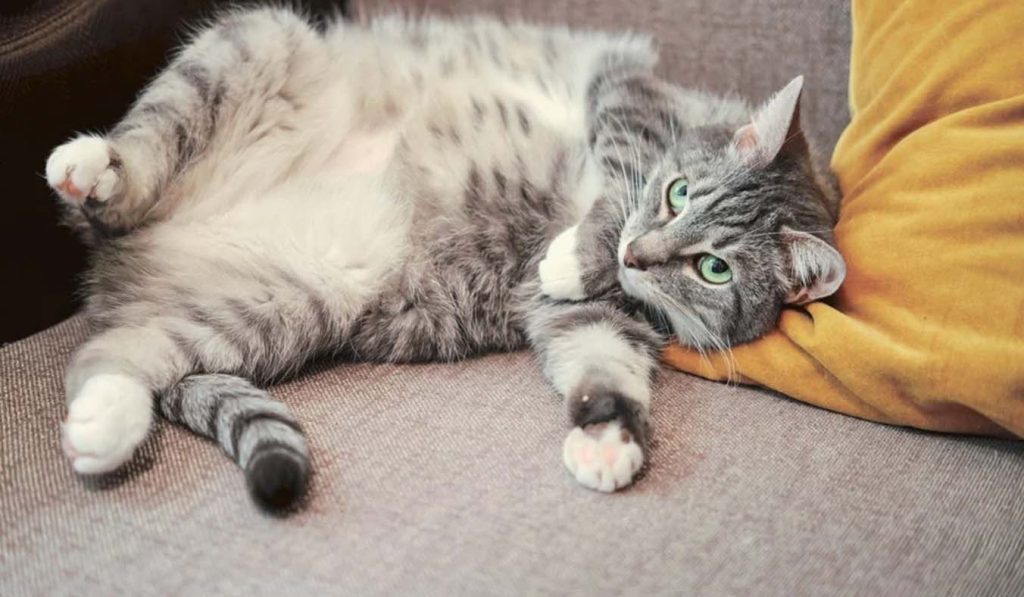
Addressing cat constipation involves tailored treatment strategies based on the underlying cause and severity of the condition. Here are comprehensive treatment approaches commonly employed by veterinarians:
Diet Modification:
Adjusting your cat’s diet is often the first step in managing constipation. Switching to a high-fiber diet or incorporating fiber supplements can promote bowel regularity and soften stools, making them easier to pass. Your veterinarian can recommend specific dietary changes or prescribe specialized cat food formulated to support digestive health.
Medications:
Your vet may prescribe medications to alleviate constipation and improve bowel motility:
- Lactulose: Lactulose is a synthetic sugar solution that works by drawing water into the intestines, softening stools and promoting bowel movements.
- Cisapride: Cisapride is a medication that stimulates the muscles of the gastrointestinal tract, enhancing intestinal motility and facilitating stool passage. It may be particularly beneficial for cats with slow transit constipation.
Enemas or Manual Evacuation:
In cases of severe constipation resistant to dietary and medical interventions, your veterinarian may need to administer enemas or perform manual evacuation of impacted stool. Enemas involve introducing a liquid solution into the rectum to soften and evacuate stool, while manual evacuation is the physical removal of fecal matter under sedation to relieve obstruction.
Surgery:
Surgical intervention may be necessary in rare cases of severe constipation caused by underlying structural abnormalities or conditions such as megacolon. Surgery aims to address the underlying issue, such as removing intestinal obstructions or reshaping the colon to improve bowel function. Your veterinarian will determine the appropriateness of surgical intervention based on your cat’s individual circumstances.
Fluid Therapy and Supportive Care:
Cats with constipation may benefit from additional fluid therapy to ensure hydration and support overall gastrointestinal health. Your veterinarian may recommend subcutaneous or intravenous fluids to maintain hydration and electrolyte balance. Additionally, supportive care measures such as pain management and nutritional support may be provided as needed to optimize your cat’s comfort and recovery.
By implementing a comprehensive treatment plan tailored to your cat’s specific needs, you can effectively manage constipation and improve their overall quality of life. Regular follow-up appointments with your veterinarian are essential to monitor your cat’s progress and adjust treatment as necessary. Always consult with your vet for personalized guidance and support in managing your cat’s constipation.
Cat constipation is a distressing issue that requires prompt attention and appropriate treatment. By recognizing the signs, understanding the causes, and implementing effective management strategies, you can help ensure your feline friend maintains optimal digestive health and overall well-being. Remember, when in doubt, always consult with your veterinarian for guidance and support.
